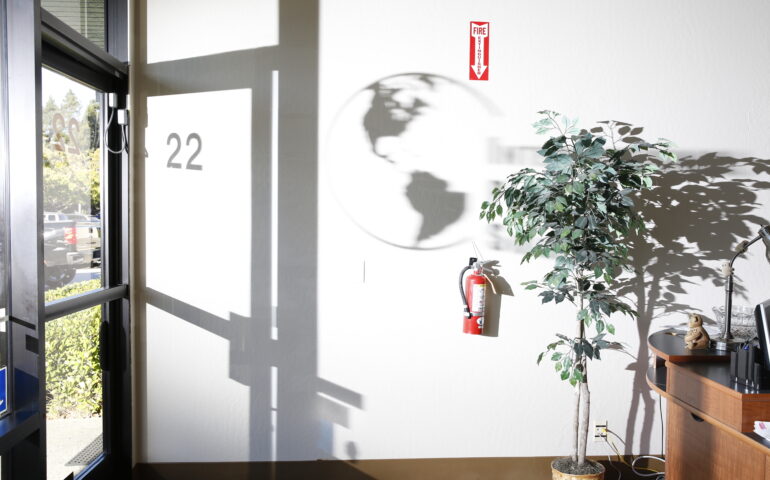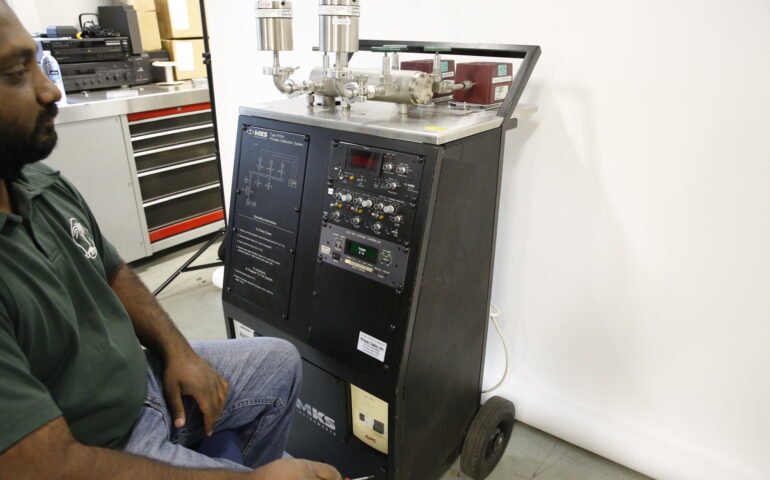Properly maintaining calibration records is essential for ensuring the accuracy and reliability of measuring instruments in any industry. In this article, we outline the best practices for keeping thorough, organized, and compliant calibration records. This guide will help you optimize your calibration processes, enhance quality control, and meet regulatory requirements. Importance of Accurate Calibration Records

In the meticulous world of precision, maintaining accurate calibration records is paramount. Properly managed records ensure compliance, enhance reliability, and support traceability in various industries. Here, we delve into the best practices for maintaining calibration records to ensure optimal performance and adherence to stringent standards. Understanding the Importance of Calibration Records Calibration records serve as

In an era where accuracy and precision are not just desired but required, the significance of calibration in maintaining the integrity and functionality of measuring instruments cannot be overstated. Calibration, a procedure that ensures instruments are performing accurately according to specified standards, is a cornerstone of quality assurance across various sectors. This comprehensive guide delves

In the realm of scientific measurement and industrial processes, the accuracy and reliability of instruments are not just a matter of operational efficiency; they are the bedrock of safety, quality, and trust. Calibration, far from being a mere procedural formality, is a critical element that ensures the fidelity of instruments across a myriad of applications.
Recent Comments